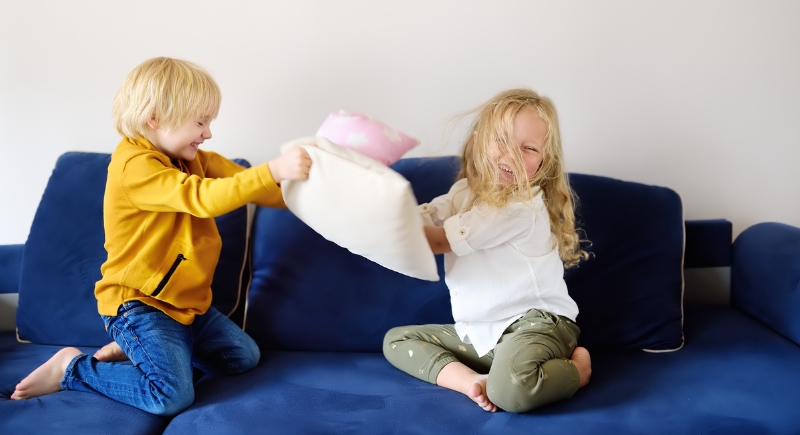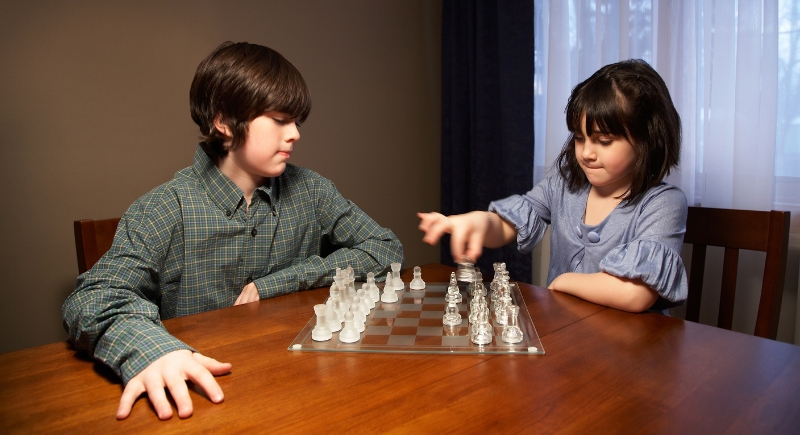How Your Sibling Relationship Secretly Runs Your Life
If your sister still knows how to push your buttons or you can guess what your brother will say before he says it, that’s not just family intuition. The people who grew up beside you helped shape your emotional wiring long before you realized it. They influenced how you handle conflict, connect with others, and even how you see yourself.
Scientists are finding that those early bonds don’t just fade as you grow up. The way you and your siblings learned to fight, forgive, and compete still echoes through your adult life, shaping how you love, work, and relate to others.
The First Social Classroom

Image via Canva/Maria Sbytova
Before school or friendships, siblings are often a child’s earliest teachers. The back-and-forth of play, arguments, and alliances builds a kind of emotional intelligence boot camp. Experts in child development describe sibling relationships as emotionally charged, full of intense affection and irritation in equal measure.
Those constant interactions, including helping, copying, and negotiating, train kids to read faces, understand emotions, and handle disagreements without a referee. Studies show that preschoolers who regularly play pretend or share inside jokes with siblings tend to understand other people’s thoughts and feelings better by the time they start grade school. Learning to handle a sibling’s mood swings often becomes the best preparation for handling the rest of the world.
The Birth Order Effect
Being first, last, or somewhere in between often leaves a lifelong imprint. Research suggests that firstborns usually take on the role of teacher or leader, while younger ones often master the art of imitation, humor, and persuasion.
Middle kids may turn into skilled negotiators, fine-tuning their ability to balance competing personalities. These positions shape how people approach authority, risk, and relationships later in life. Older siblings often report higher confidence in group settings, while younger ones may grow up more adaptable and socially flexible. These early family roles follow you into adulthood, often guiding how you lead, compromise, and connect with others.
When Rivalry Becomes Motivation

Image via Photo Images/Jupiter Images
Sibling competition has been blamed for plenty of slammed doors, but it can also drive ambition. Researchers have found that moderate rivalry between siblings can improve problem-solving and goal-setting skills. It pushes kids to carve out their own identities and sometimes sparks creativity or academic focus.
The key, experts say, is balance. Rivalry mixed with affection builds resilience, while rivalry fueled by favoritism can backfire and breed resentment. Parents who encourage teamwork instead of comparison tend to raise siblings who stay close and supportive even after childhood ends.
Emotional Lifelines That Last
As people age, siblings often become anchors to the past and guides through life’s hardest turns. Adults with strong sibling connections tend to report lower stress and greater emotional stability. During major life transitions, like losing a parent, facing illness, or raising children, siblings often step in as the familiar voices that help keep perspective.
A warm sibling relationship can even lower risks of depression and anxiety, according to research. Those who share long histories of empathy and humor are more likely to carry that emotional skill into friendships and romantic relationships, too.